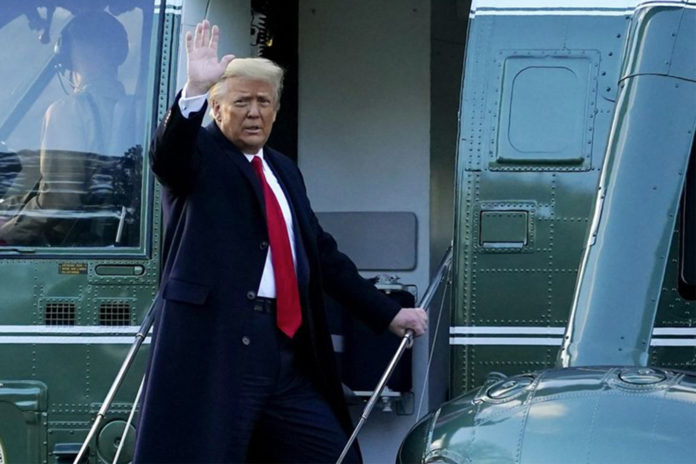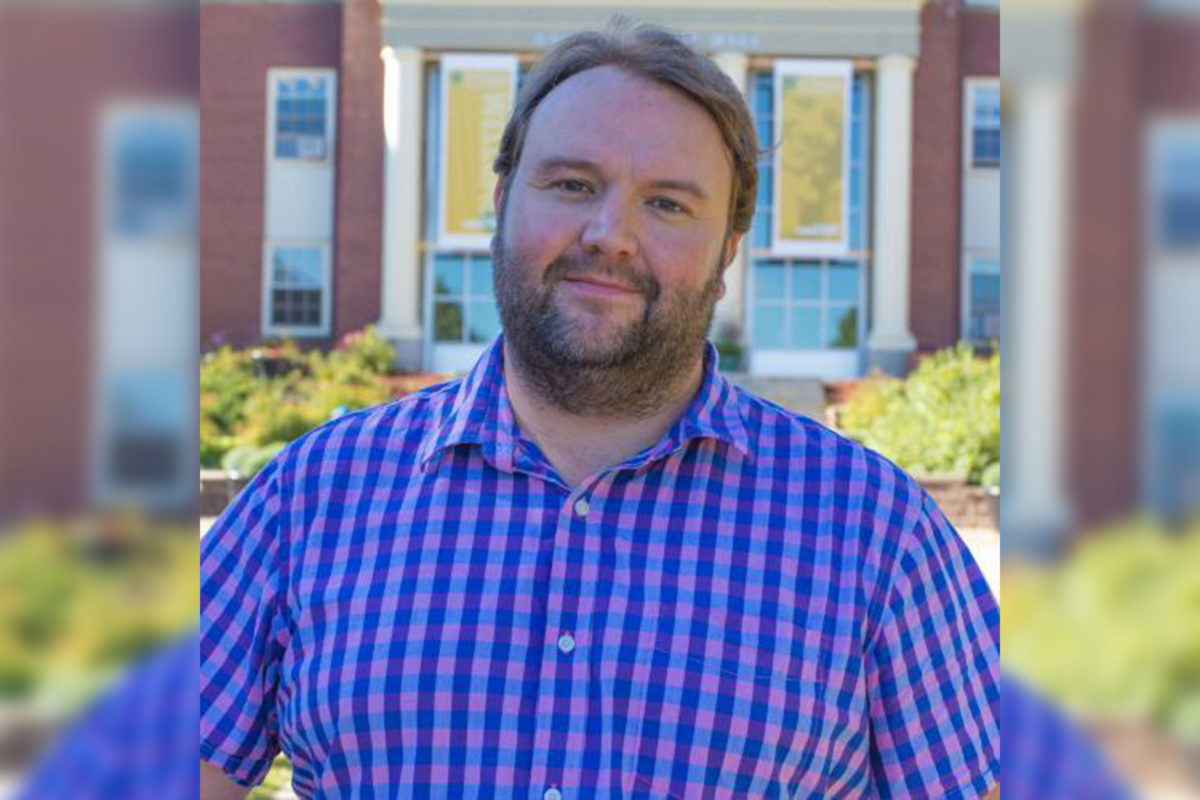
The United States is more than two weeks into the Joe Biden presidency and scholars are already dissecting the previous administration over Zoom. The Canada Research Chair in Global and International Studies and St. Thomas University’s political science department hosted a panel of historians and political scientists to discuss the political climate in the U.S on Jan. 26.
The panel included STU communications professor Jamie Gillies, STU history professor Brad Cross and Salem State University history professor Aviva Chomsky. The panelists talked about the effects of the Trump administration and the challenges ahead for the Biden administration.
“Joe Biden faces an America that has not been this divided likely since the Civil War,” said Gillies. “There are challenges that the Biden administration can’t possibly deal with.”
Gillies’ academic work focuses on political communication and public policy. He also has a particular focus on U.S. presidents.
Gillies said there are eight challenges the Biden administration will face in the next four years, including the COVID-19 pandemic, reversing Donald Trump’s policies, keeping a majority in Congress and normalized political violence. He said the U.S. government’s response to the pandemic is more than poor government planning.
“The vast majority of the country just lost faith in its institutions and don’t trust [the] government,” said Gillies. “Biden has to face the possibility of half a million deaths by the end of February.”
Gillies talked about how the Biden administration is already working to reverse Trump’s policies. These include using executive orders to re-join the Paris Climate Agreement, re-joining the World Health Organization and lifting the travel ban on Muslim-majority countries.

He said the normalization of political violence exploded during the insurrection at the U.S. Capitol on Jan. 6. The progressive wing of the Democratic Party is going to be sidelined by establishment Democrats, he added. With the growing partisan divide, there’s a need for a moderating voice.
“There are a lot of progressives and there are a lot of people on the alt-right and the far-right. There’s not too many people in the middle,” said Gillies. “[Moderates] tend to hold the system in place and together in times of crisis.”
Brad Cross followed Gillies with a historical perspective of how a person like Trump won the presidency. He focused on two previous presidents and discussed their historical parallels with Trump.
The first was Andrew Jackson, the seventh U.S. president. Cross said Trump’s populist rhetoric reminded him of Jackson, who used his celebrity and war hero persona to secure votes. He said Jackson used campaign tactics like using folksy slang to relate to voters under the guise of the everyman while being a wealthy man.
“Most history textbooks used to overlook Jackson’s run-up to the presidency [and] the thing that made him famous,” said Cross.
He discussed Trump’s parallels to Andrew Johnson, the 17th U.S. president and the first president to be impeached. After the assassination of Abraham Lincoln, Johnson assumed office in 1865. Cross said Johnson was impeached in 1868 because of a series of executive actions that would’ve allowed for former Confederate states to re-enter the U.S. under lenient terms following the Civil War.
Trump was the third U.S. president to be impeached, the other two being Johnson and Bill Clinton. In 2021, Trump became the first president to be impeached twice, this time for inciting violence on the Capitol.
He said some past presidents’ failure and inaction defined their legacy. He said Herbert Hoover, who was the president at the start of the Great Depression, did almost nothing for three years until an election year. Cross said George W. Bush is known for doing nothing about the destruction of New Orleans following Hurricane Katrina.
“Trump’s legacy is, so far, at least 400,000 dead of the coronavirus and an insurrection on Capitol Hill,” said Cross.
Following Cross, Chomsky said people shouldn’t be talking about getting back to normal under the Biden presidency.
She is the coordinator of Latin American, Latino and Caribbean studies at Salem State University in Massachusetts.

Chomsky said Biden said over and over that he believes in science concerning the environment and the pandemic, but science isn’t enough to solve these problems. She said the overconsumption and overuse of resources are contributing to climate change and other issues.
“If we just narrowly look at a virus or CO2 emissions, we’re not asking the bigger questions,” said Chomsky. “It’s capitalism that is the cause of climate change and of emerging pathogens.”
Chomsky later discussed the future of American foreign policy. She said Biden is increasing the anti-China rhetoric and his policies in the Middle East could result in more war and more human suffering.
She discussed how the narrative surrounding Biden’s cabinet picks is the diversity of the selections, without considering who they are and what they stand for. Chomsky said Biden is still committed to Trump’s policy of keeping their embassy to Israel in Jerusalem and bringing right-wing Arab countries into an alliance to the detriment of Palestinians.
“We’re in for some much uglier things happening under the Biden administration [in the Middle East],” she said.
